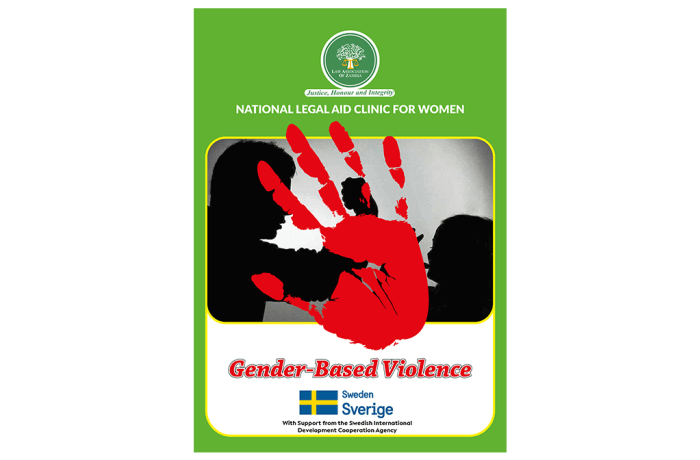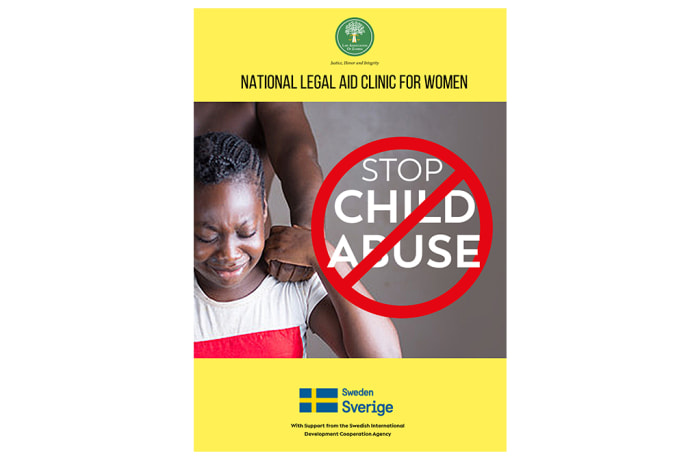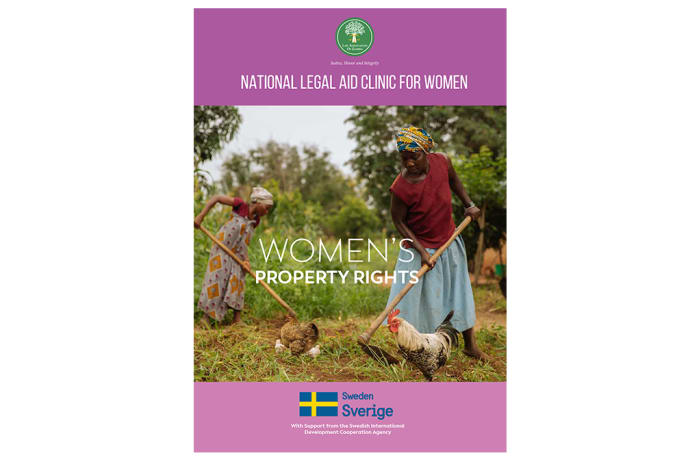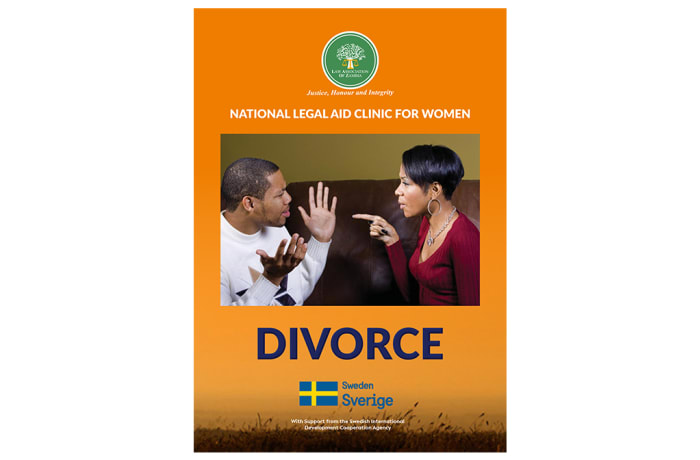
Gender Based Violence Booklet
Further information
In Zambia, an act of Gender-Based Violence (GBV) is a crime. GBV involves mistreating someone because of their gender. Anyone who commits GBV must be reported to the police.
What does Gender mean?
It means female or male and the role that individuals play in society, as a result of their sex and position.
What does Gender-Based Violence mean?
It means any of the following done as a result of that person’s sex:
- Physical abuse: This could include beating someone, refusing to give them food, water, clothing or shelter, torturing them, keeping them locked in a room by force, or other cruel, inhuman treatment among other things.
- Sexual abuse: Having sex with another person which abuses, humiliates, or lowers the other person or violates another person’s integrity. It could also mean having sex with someone, without telling them that you are infected with HIV or any other sexually transmitted diseases.
- Economic abuse: (Unreasonably denying a victim, family member or dependent of financial resources they are entitled to by law including household necessities, medical expenses, school fees, mortgage or rent)
- Depriving a victim, family member or dependent of their property or disposing of property in which they have an interest
- Denying a person the right to seek employment or engage in any income generating activity.
- Intentionally destroying or damaging property in which the victim of gender-based violence, a family member of or a dependent of the victim of gender-based violence has an interest or a reasonable expectation of use.
- Emotional/psychological abuse (a pattern of humiliating conduct towards a person including: insults, name calling including threats that cause emotional distress; being obsessive, which constitutes a serious invasion of the person’s privacy, liberty, integrity or security; any form of gender based violence that causes mental injury to children below the age of 16years if the gender based violence is committed in their presence).
- Harmful traditional practices Gender-Based Violence also includes abuse relating to the following cultural or customary practices:
forced virginity testing
partial or total removal of a female’s private parts (also known as female
circumcision or female genital mutilation)
killing a person for purposes of appeasing spirits
forcing someone to marry or get married against their will
sexual cleansing (an African tradition in which a woman or man is
expected to have sex with the relative of the deceased after
becoming widowed) and forced spouse inheritance (an African
tradition of marrying the spouse of the deceased after becoming
widowed.
child marriage (i.e. a marriage where one or both parties to the marriage
are below the age of 18years)
sexual intercourse between people who are related by blood
Learn more by downloading a pdf version of this booklet. Copy and paste this link into your browser:
https://res.cloudinary.com/dhsjpmqz9/image/upload/v1685363418/9._GENDER-BASED_VIOLENCE_cku2ky.pdf









